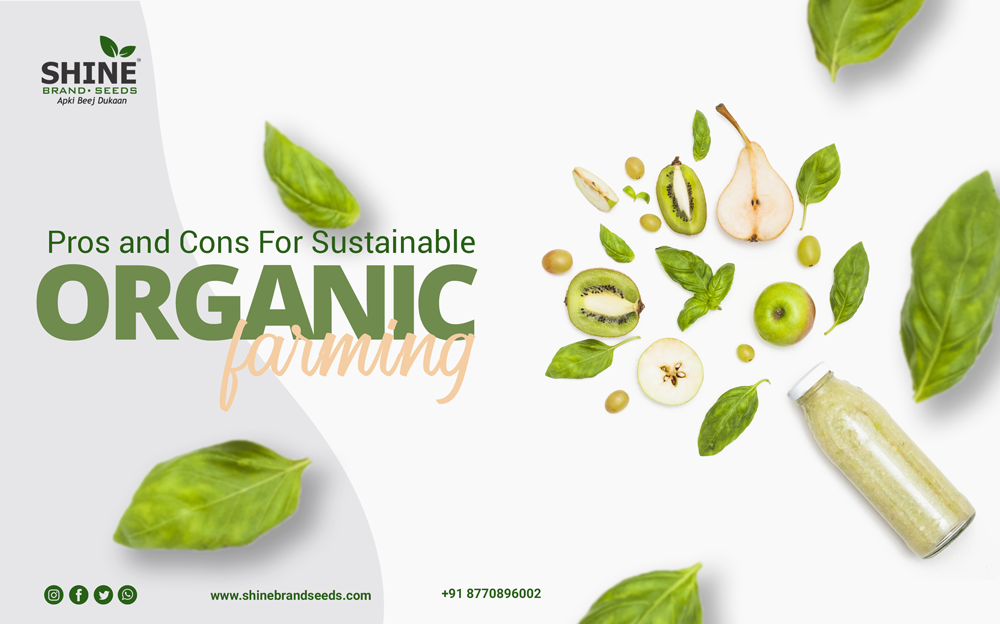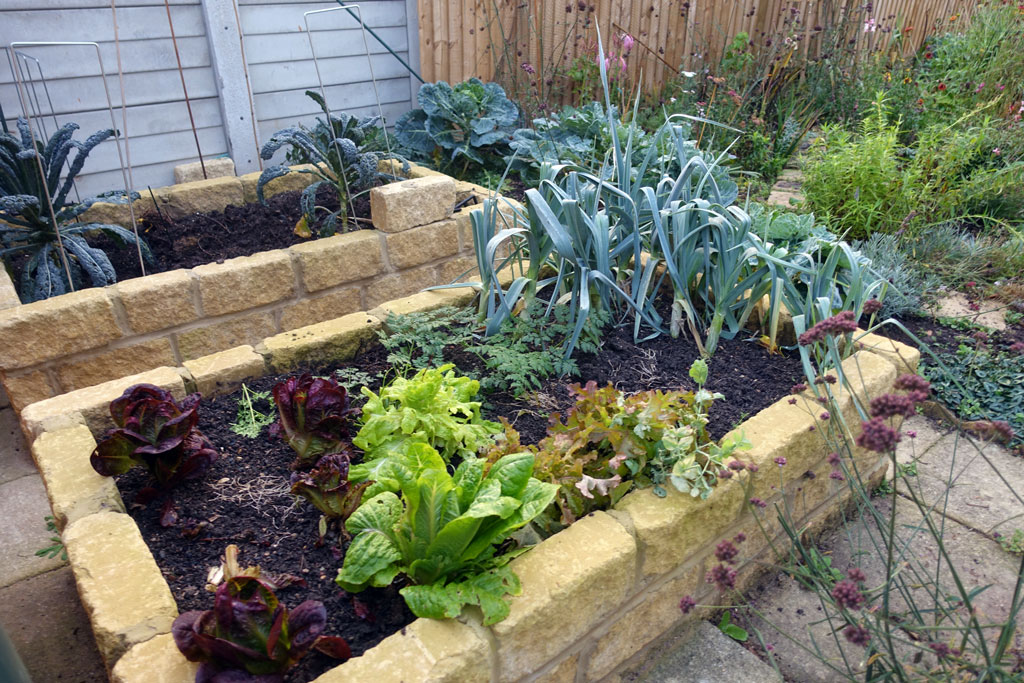Organic Farming Pros And Cons. There are lower productivity levels. There are both pros and cons of organic farming.
Want to know the pros and cons of organic gardening? Future of organic farming — it's bright. Organic agriculture uses agricultural production systems based on green manure, compost, biological pest control, and crop rotation to produce crops, livestock and poultry. Despite the demand for organic food growing strongly, in the us only 0.7% of farms are organic. Even though organic farming has been around since the neolithic period, when our ancestors turned from hunters and gatherers to farmers, there is no doubt that it is to find out more about the organic products you are buying, have a look at greentumble's list of pros and cons of organic farming.

It conserves biodiversity and produces crops with increased nutrition values and enhanced tastes.
'surely it is more prone to disease and pests', 'yes but the barley isn't of very good quality', 'but the yield is smaller'. What are the other pros and cons of organic farming? Certified organic agriculture accounts for 70 million hectares globally, with over half of that total in australia. Organic agriculture uses agricultural production systems based on green manure, compost, biological pest control, and crop rotation to produce crops, livestock and poultry. The nutrients to the plants are provided using only the biological products. Organic farming emerged in agricultural economy as an innovative discipline to ensure sustainability. Those are just some of the things that you have to stop and consider when weight the organic farming pros and cons and they may be just the tip of the iceberg. The pros and cons of organic farming and agricultural food safety. In simple language, organic farming is the technique of building up a farm or a garden without using any chemical or synthetic materials. In other words, organic agriculture is the type of plant/crop cultivation by using organic manures that supports the life of organisms and soil. List of cons of organic farming. 10 cons of organic farming: Healthier foods what makes organically grown foods healthier than other options is the fact that these foods have list of cons of organic farming.
Determining whether organic farming is right for you really depends on the goals for your farm, the resources you have upfront, and the market to which. Scientists are still debating the pros and cons of organic farming in comparison to conventional farming, and there is plenty of information you can. Organic food is one that is grown naturally, ie free of artificial additives such as artificial pesticides, chemical fertilizers, and one that does not contain gmos. What are the pros and cons of organic food? Plants can absorb nutrients in slow and gradual.

List of cons of organic farming.
Organic farming and sustainable agriculture. Learn the pros and cons in this guide. 5 major benefits of organic farming. Here are 10 organic farming pros and cons. Did you know it's possible to produce healthy crops without the use of preservatives, radiation. Many people don't actually realize that organic farming is just as much about the soil that is used to grow crops and livestock as it is about the final result that is on their dinner table. Why is organic farming better than chemical farming? Those are just some of the things that you have to stop and consider when weight the organic farming pros and cons and they may be just the tip of the iceberg. Organic farming system in india is not new and is being followed from ancient time. 'surely it is more prone to disease and pests', 'yes but the barley isn't of very good quality', 'but the yield is smaller'. You have taken a good decision to grow your garden organically. Here are the pros of organic farming. Organic farming emerged in agricultural economy as an innovative discipline to ensure sustainability.
Organic farming produces healthier food. List of cons of organic farming. The pros of organic farming. Certified organic agriculture accounts for 70 million hectares globally, with over half of that total in australia. Key principles of organic farming.

Nevertheless, organic farming doesn't typically require the same high capital investments that conventional farming does.
Certified organic agriculture accounts for 70 million hectares globally, with over half of that total in australia. How crop monitoring assists in organic farming. Here are the pros of organic farming. Organic farming is not just about growing tomatoes or other crops without dangerous chemical pesticides. 10 pros of organic farming: Foods have better mineral content. Organic agriculture uses agricultural production systems based on green manure, compost, biological pest control, and crop rotation to produce crops, livestock and poultry. Key principles of organic farming. Organic farms tend to have more awareness of the local food system and the opportunity to distribute products within a local economy. List of pros of organic farming. As with any type of farming, though, there are pros and cons to organic farming. Did you know it's possible to produce healthy crops without the use of preservatives, radiation. Organic farming is the use of agricultural production systems reliant on green manure, compost, biological pest control, and crop rotation to produce crops, livestock and poultry.